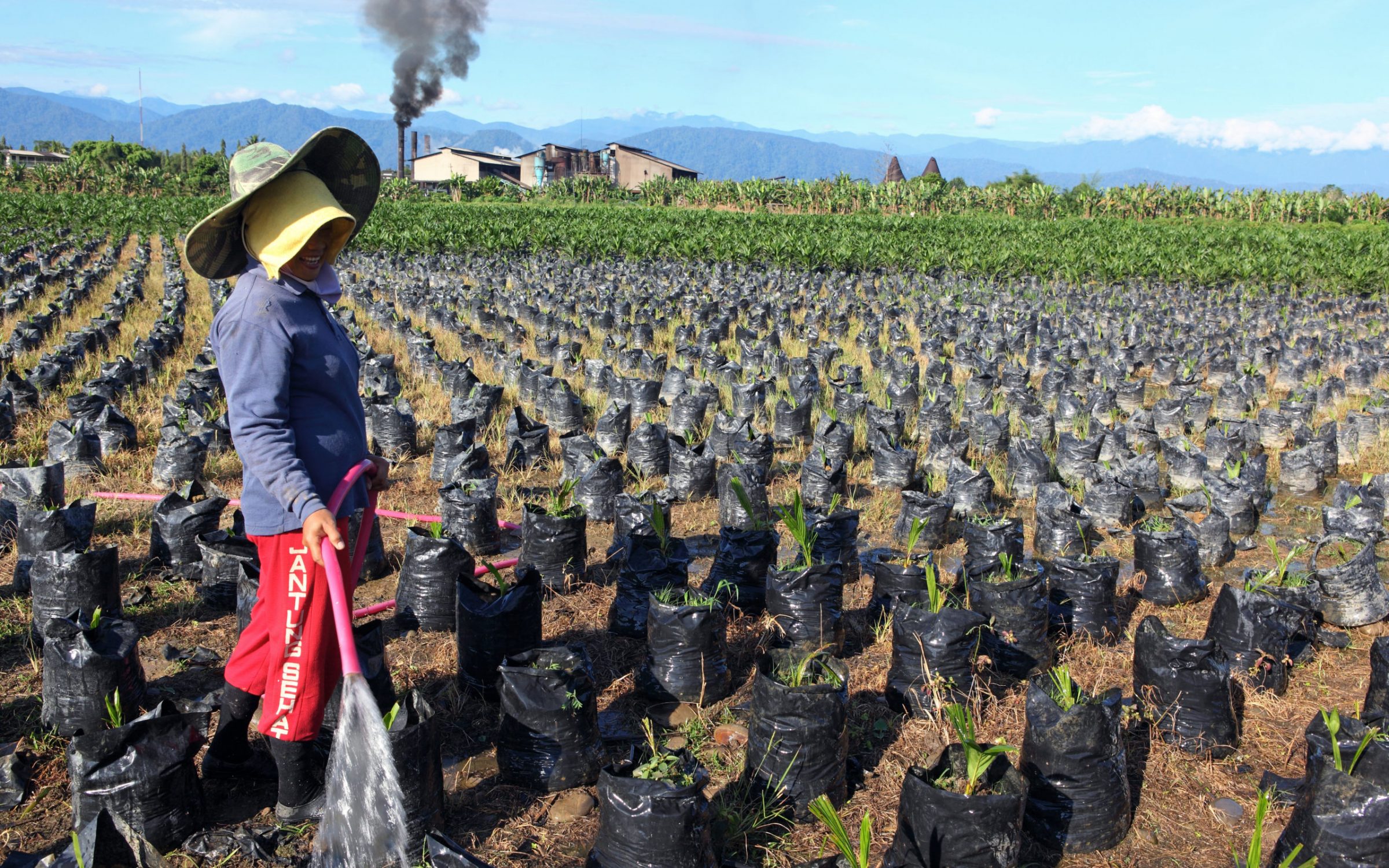In 2018, supermarket chain Iceland announced it was removing palm oil as an ingredient from some of its own-brand food items, switching to alternative products like sunflower oil which it claimed are better for the environment. At the time, Iceland was lauded for its eco-consciousness. It even teamed up with Greenpeace to make a Christmas TV advert about how much it loves nature, only for the ad to be pulled for being too political.
Unfortunately for managing director Richard Walker, a lot has changed since then. Inflation skyrocketed and war broke out in Europe, forcing us to brace for the worst drop in living standards in decades. In a humbling but unavoidable U-turn, Walker had to go back on his promise and announce that Iceland will once again use palm oil in its own-brand products.
“The only alternative to using palm oil under the current circumstances would simply be to clear our freezers and shelves of a wide range of staples including frozen chips and other potato products,” he wrote in a blog post.
Russia’s invasion of Ukraine brought to our attention how much we rely on Moscow for our energy, and we will no doubt pay the price of decoupling ourselves from Russian fossil fuel imports at petrol stations and through our utility bills for some time to come. Crucially, war in Ukraine also made us realise how many crops – the likes of wheat, barley, and corn – we import from Russia and Ukraine, leading to widespread fears of worsened food insecurity for millions.
But it was another innocuous product which led to Walker having to backtrack on his promise: sunflower oil. Iceland had been using sunflower oil as a replacement for palm oil in its own-brand products but thanks to the war in Ukraine, its price is up 1,000%.
Why did Iceland want to distance itself from palm oil to begin with? Because of a misguided fear that it is responsible for the destruction of rainforests.
Palm oil does contribute to deforestation – to a great extent, in fact. But that’s only because we use it in practically everything. From food to toiletries, countless manufacturers rely on it because it is the most efficient oil product of its kind. Others, such as sunflower oil, are much less space efficient. You have to cut down a lot more trees to get the same amount of product.
For that reason, switching away from palm oil to other oils as Iceland did in 2018 is actively bad for the environment. It causes more deforestation, not less. Palm oil takes up just 6% of the land used around the world for vegetable oil production, but still manages to provide for 40% of global demand for vegetable oils.
Given that countless companies like Iceland are keen to let us know how eco-conscious they are, moving away from palm oil and towards less green, more environmentally harmful products seems bonkers. The only reason they do so is because they know the palm oil name has been tarnished, with many holding it solely responsible for deforestation.
In other words, it’s a PR move, not an environmental one. The pressure from the green blob is for private actors to be seen to change the way they do things, even if it has no effect on the end result – or, as in this case, actually makes the problem worse.
It should not have taken Russia invading Ukraine and the price of sunflower oil increasing tenfold for Iceland to spot its error and row back on the palm oil boycott.
War in Europe means realism in politics is badly needed. Just a few months ago, world leaders made a bold pledge at COP26 to end deforestation – that plan had already missed its first deadline in February, before war broke out. Naturally, our politicians will want to accelerate the effort.
Ending deforestation is a laudable aim, but not at the expense of people having difficulty putting food on the table. Indeed, the EU is on the verge of banning palm oil imports. But which is worse – delaying the end of deforestation by a few years, or leaving millions of households unable to put food on the table?
Green policies have costs. Food insecurity affects millions in Britain and the cost-of-living crisis will only get worse. Now is not the time for virtue-signalling. Instead, let’s put struggling families first.
Jason Reed is the UK Lead at Young Voices and a political commentator for a wide range of outlets. Follow him on Twitter @JasonReed624 or read more on his website, jason-reed.co.uk.




